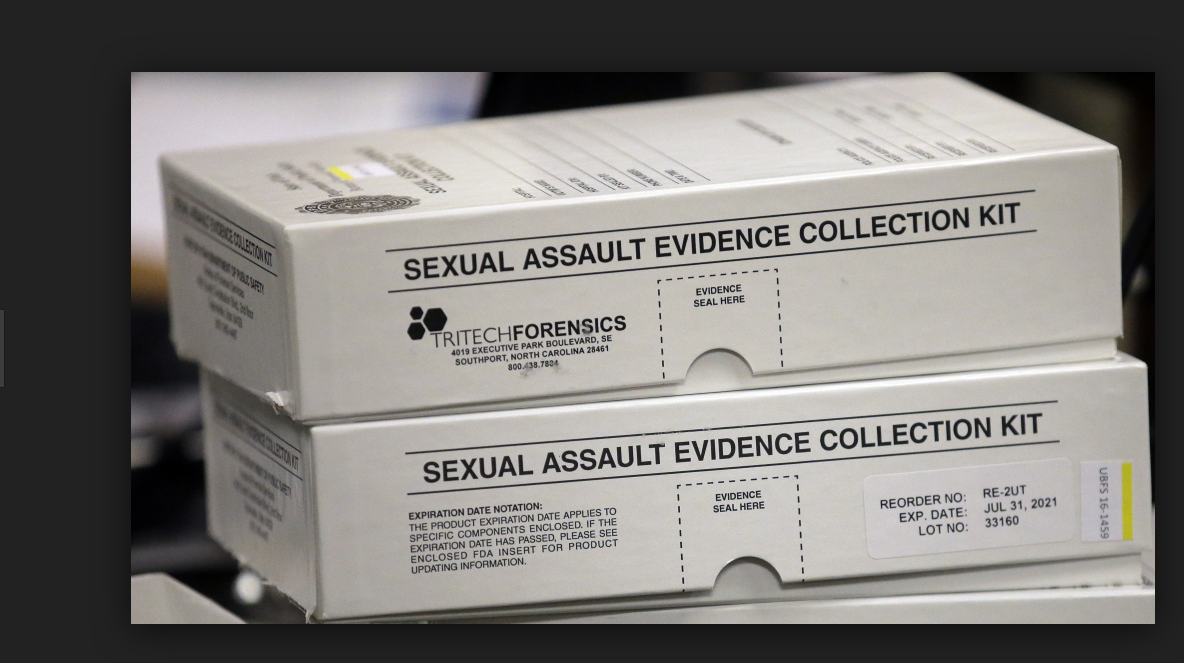Idaho became the first state to fully implement a state-wide sexual assault kit tracking system.
January 23, 2018
TWIN FALLS, Idaho (KMVT/KSVT) In January of 2017, Idaho became the first state to fully implement a state-wide sexual assault kit tracking system. The Idaho Sexual Assault Kit Tracking System released the 2017 audit with numbers and statistics following new laws and codes.
The tracking system provides more public accountability and transparency, allows victims to see the state taking this issue seriously, provides better direction and tools to law enforcement, provides more resources to the state forensic laboratory and ultimately provides a better criminal justice system.
“Anytime we can give someone who’s been victimized a sense of control over their future, or over what’s happening, that’s the best thing we can do for them. Being able to track their case, knowing where it’s at that really does give them some control,” said Lori Stewart, victim services coordinator for the Twin Falls County Sheriff’s Office.
A person will now be able to track their kit from the medical facility to law enforcement, to the Idaho State Police forensics lab and back to the original law enforcement agency, all by visiting the IKTS website and search the tracking number without revealing any personal information or having to create a login.
“The criminal justice system takes a long time. Waiting for those kits to come back before we can move forward on certain types and parts of the investigation is difficult. So the faster that we can get any of those processes done is going to be helpful,” Stewart said.
Throughout the state, there were 456 sexual assault kits collected by medical providers, 509 kits submitted to the Idaho State Police Forensic Services lab for testing (due to new and previously unsubmitted kits being submitted) and 316 kits were completed by the forensic lab.
“Any additional training is going to make their jobs easier, have them know what they’re doing in the process and procedures,” Stewart said.
The report concludes that more training and resources are needed for law enforcement and nurses, including a state-wide sexual assault response trainer/coordinator. The state lab would also benefit from more scientists working in the lab to deal with the astronomical increases in biology/DNA case submissions. The state lab had a 107 percent increase in DNA submissions in 2017.
“It is a difficult process. It’s very hard to go through the criminal justice system. So the more we can talk about it, the more we can reduce the stigma, I think then we will see more reporting,” Stewart said.
The report states that the average turnaround time for a kit to be fully analyzed was 109 days. Additional resources in personnel and training will only give a victim peace sooner.
“We are always cognizant of the victim first. I think that that’s part of our training, really listening to the victim, listening to their concerns and then our investigation and procedures can process from there,” Stewart said.




